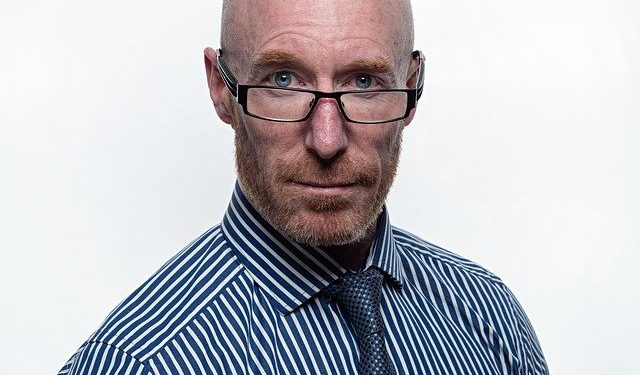I recently attended the virtual book launch of Dr. Suzanne Doyle-Morris: I was eager to support one of Voice At The Table’s first adherents. The book homes in on the subject of confidence – yes, that old chestnut! I assumed I had already heard everything there Is to say about confidence – or the belief that most women in the workplace (and beyond) lack it. I know it’s one of the most commonly cited reasons for not promoting women. So, what else, I thought, would Suzanne have to say about this? Well, It turns out, plenty!
Confidence Is mistaken for competence
One of the main observations in Suzanne’s book – The Con Job: Getting Ahead for Competence in a World Obsessed with Confidence – is that confidence is often mistaken for competence. Someone who appears to know what they’re saying is perceived to in fact know what they’re saying. And we would tend to believe them. In all actuality, however, the correlation between confidence and competence is inverted! Suzanne shows through her research that people become less competent as they become more confident.
I thought about this and confess, it does resonate with me.
Think about it: when we lack confidence in something, we put in extra effort to ensure we have done everything we can to get it right. In fact, it’s a common observation about over-achievers. When we want to be 100% certain that we’re doing something well, we put more effort into it than might be required.
Conversely, the more confident we get about something we do, the less effort we feel we need to dedicate to it because – well, we’ve got it! And if not, we’ll just “blag” our way through it.
I’m sure we can all think of a person or two who appear highly confident who, in reality, aren’t particularly good at their job. I can think of a particular outgoing President as one such example.
The same will be true of a number of people who are exquisitely good at their jobs but seem to lack confidence.
So, what’s the con?
The problem, of course, with all of this is that confidence appears to trump competence (pun intended!) when it comes to our professional lives. Confidence is the measure against which we are all assessed. That – Suzanne puts to us – is the con! The world of business puts too much emphasis on the one criterion that is the least reliable indicator of competence.
What, then, should we do?
The first thing we can all do is read Suzanne’s book. It is full of interviews and research with senior leaders who vividly support these points.
Then it’s a matter of debunking the myth at work. Once we understand that confidence is not the criteria against which our potential and future performance should be measured, we can tackle this point. We can use evidence to support our claim for progression and poke holes in the underlying assumption that we must be confident to do well and achieve success.
We can then look Imposter Syndrome in the eye and welcome it instead of trying to overcome it. After all, being a little unsure of oneself at every step of our career progression ensures we stay on our toes, always willing to learn and improve.
What will Voice At The Table do about this?
I have ordered Suzanne’s book and will read it when it arrives this weekend. I will then incorporate elements of this into our existing Inclusive Leadership modules, to ensure that when leaders assess others’ capabilities, they are not conned by that old chestnut – confidence.
And what will you do?


